|
|
|
|
|
|
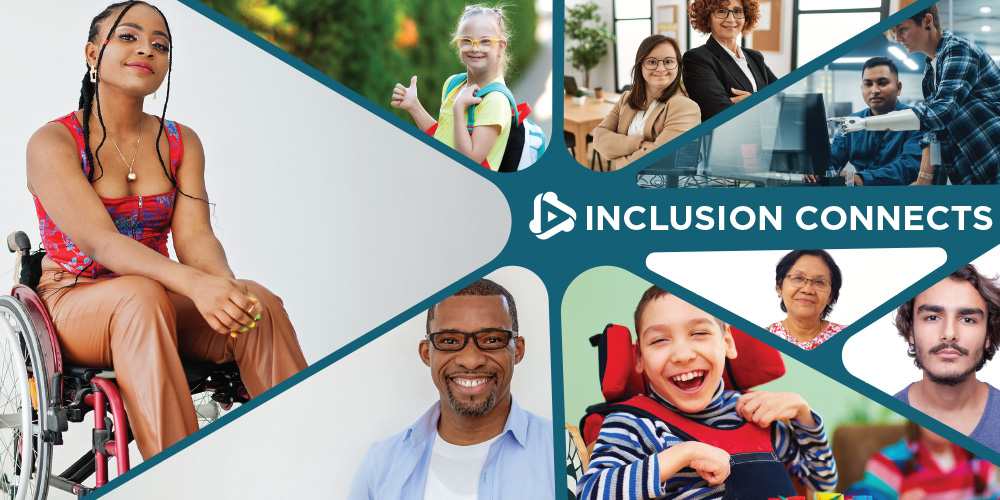 |
This week, NCDHHS launched Inclusion Connects, a first-of-its-kind initiative in NC to help connect people with intellectual and developmental disabilities and their families with community-based services essential to supporting their health and well-being.
NCDHHS is working with experts, stakeholders and people with lived experience to develop a centralized resource that lists the services currently available for people with I/DD. Go to the Inclusion Connects website to find housing resources, contacts for support staff who can help people navigate the process, ways to support the Direct Support Professionals workforce and more.
In NC, there are almost 200,000 people with developmental disabilities. Inclusion Connects aligns with NCDHHS’ commitment to enhance community-based supports in North Carolina to ensure every person can live a fulfilled and integrated life within their chosen community.
The Inclusion Connects initiative will continue to grow as more resources are added to the website. For feedback or questions, contact NCDHHS via email at dmhiddcontact@dhhs.nc.gov. |
|
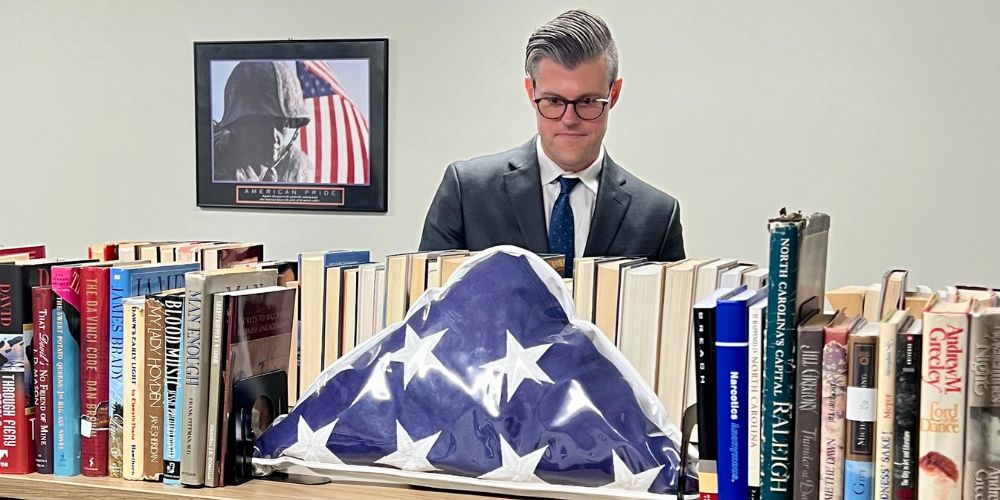 |
This week, NCDHHS Secretary Kinsley toured the Veterans Life Center in Butner to highlight the important work underway to improve the mental and physical health of veterans in our state.
North Carolina is home to more than 750,000 veterans and has one of the highest numbers of active-duty troops on the East Coast. Veterans account for only approximately 9.8% of the total population in North Carolina but 18-20% of all homeless individuals in the state. Additionally, the suicide rate among veterans is significantly higher than non-veteran adults in the United States. Resources and services provided to veterans at the Veterans Life Center are at work to reverse these trends.
The Veterans Life Center is a residential program for veterans in need of therapy, counseling, educational or life-skill development. The goal is to guide veterans toward career opportunities and community reintegration. It serves up to 50 21st-century veterans at a time. |
|
|
|
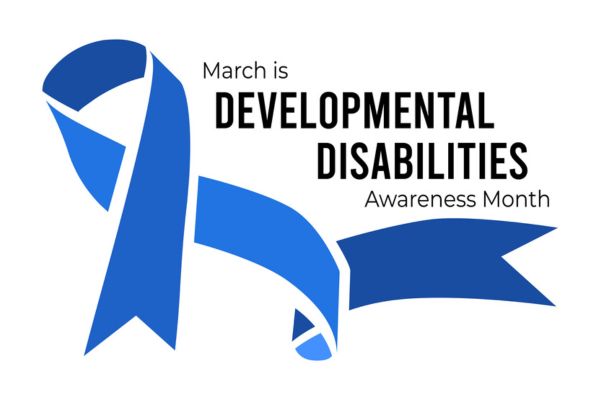 |
Helping Improve the Lives of People with Developmental Disabilities
Gov. Cooper has proclaimed March as Developmental Disabilities Awareness Month, acknowledging the nearly 200,000 people living in North Carolina who have intellectual and other developmental disabilities (I/DD). NCDHHS and the N.C. Council on Developmental Disabilities (NCCDD) are dedicated to coming together to address societal barriers so individuals can reach their full potential and be fully included in their communities. NCCDD and NCDHHS work tirelessly to ensure people with I/DD can access competitive integrated employment, education, housing, health care and civic engagement. This year, the NCDHHS' priorities for the developmental disability community include expanding access to services to support people with I/DD in their chosen communities, addressing the growing workforce shortage, connecting people with I/DD to 1915(i) Medicaid services, and much more. In 2023, NC enacted many support initiatives, including a $10 million investment for Inclusion Works, an initiative to promote competitive integrated employment for people with I/DD, the Guardianship Rights Bill, to promote less restrictive alternatives to guardianship, and more. Read a news release to find out more about how NCDHHS is helping improve the lives of people with developmental disabilities. |
|
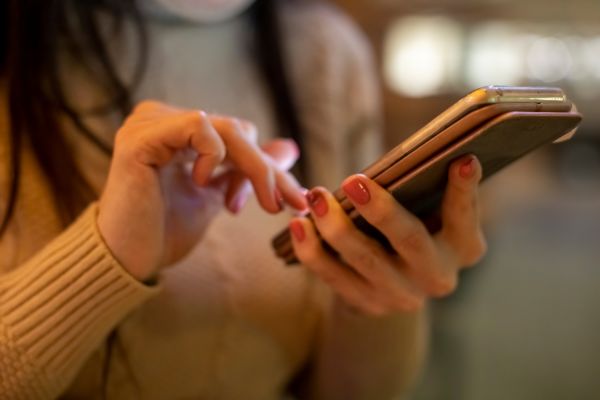 |
New App Helps People with Substance Use Disorder
NCDHHS is partnering with CHESS Health and Trillium Health Resources to provide critically needed support for North Carolinians working toward recovery from substance use disorders. CHESS Health’s proven eRecovery program features the Connections app, a smartphone app that provides participants with immediate access to a team of certified peer recovery specialists available 24 hours a day, seven days a week. It offers moderated peer support groups, on-demand digital cognitive behavioral therapy programs and a robust set of recovery tools. This solution is offered free of charge for North Carolinians who choose to enroll through their provider and download the app, funded fully by NCDHHS. This smartphone application is not a substitute for clinical treatment, but rather an additional tool that can help people connect with other peers and receive additional recovery supports. This program will be introduced to 100 organizations during the next two years. In addition, the NCDHHS Peer Warmline and 988 are available to anyone, anytime. Call 1-855-PEERS NC (855-733-7762) or call or text 988 or chat at 988Lifeline.org.
|
|
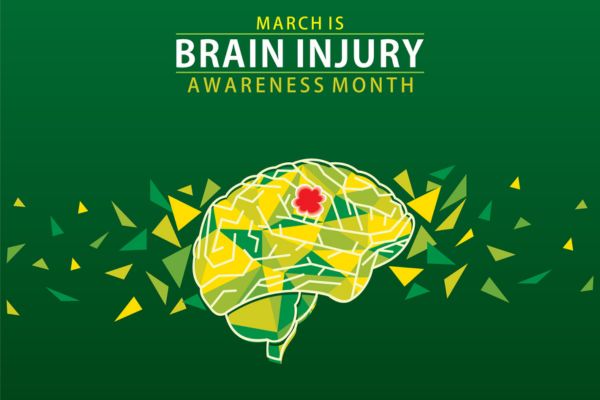 |
March is Brain Injury Awareness Month
Gov. Cooper has proclaimed March Brain Injury Awareness Month, which is an opportunity to raise awareness about the prevalence of brain injury, while also highlighting the increasing availability of services and supports for individuals living with brain injury in NC. Traumatic Brain Injury (TBI) is one form of an Acquired Brain Injury (ABI), which also includes traumatic and non-traumatic brain injuries, strokes, brain aneurysms, brain infections, anoxic brain injury and non-fatal overdose. In NC, more than 80,000 individuals sustain a TBI every year and around 200,000 individuals live with long-term disability related to TBI. Within the last year, NCDHHS has expanded the home and community-based services (1915(i) and the Justice Re-entry and Reintegration Program to include individuals living with TBI. NCDHHS will also be piloting a new, first-in-the-nation Clinically Managed High-Intensity Residential Program, a new therapeutic rehabilitation service for Medicaid beneficiaries with both substance use disorder and TBI. For information regarding awareness and education events this month and ongoing, please visit the Brain Injury Association of NC website or check out the Brain Injury Awareness Month toolkit published by the Brain Injury Association of America. |
|
 |
Side-by-Side Webinar with NCDHHS' Mental Health Division
Join staff from NCDHHS' Division of Mental Health, Developmental Disabilities and Substance Use Services on April 1 at 2 p.m. to learn more about policies and programs that affect the Mental Health, Intellectual and Developmental Disabilities, Substance Use Services and Traumatic Brain Injury community. The goal of these monthly webinars is to bring everyone together in one (virtual) place to share ideas for public policy that will improve the lives of North Carolinians. This group includes consumers, families, advisory groups, LME/MCOs, community members and partner organizations. This month’s topic is child behavioral health investments. Register for the meeting and see a flyer for more information. |
|
|
|
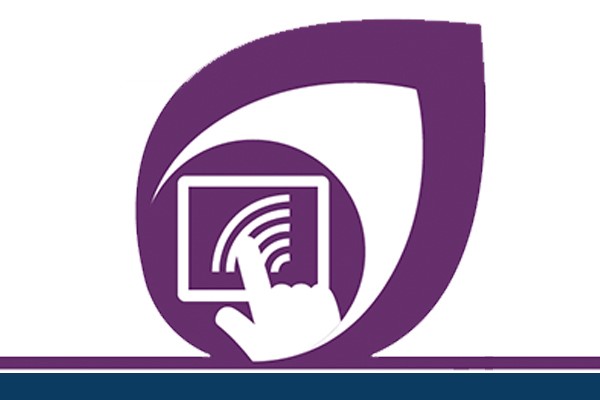 |
|
NCDHHS Hosting Three Assistive Technology Fairs
NCDHHS is hosting three resource fairs where adaptive equipment and resources to make recreational and leisure activities accessible to people of all ages will be showcased. The resource fairs, which are being presented by NCDHHS' Assistive Technology Program in Charlotte and Winston-Salem and on Fort Liberty, are free and open to the public. Those interested in accessible recreation, sports, leisure activities and active living are encouraged to attend. Attendees will learn about assistive technology used for recreation, get hands-on experience with accessible equipment and connect to local resources. It’s also a chance to meet new people with similar interests while getting active, trying something new and having fun. The AT fair on March 16 is from 10 a.m. to 2 p.m. and will be held at the JDL Fast Track, 2505 Empire Drive in Winston-Salem. The AT fair on April 12 is from 10:30 a.m. to 2:30 p.m. and will be held at Smith Lake Outdoor Recreation Center, Building Q-2922, 5144 Smith Lake Road in Fort Liberty. The AT fair on May 3 is from 10 a.m. to 2 p.m. and will be held at Charlotte Vocational Rehabilitation Office, 5501 Executive Center Drive in Charlotte. To register online, go to Adaptive Recreation and Active Living Events. Attendees can also register onsite upon arrival.
|
|
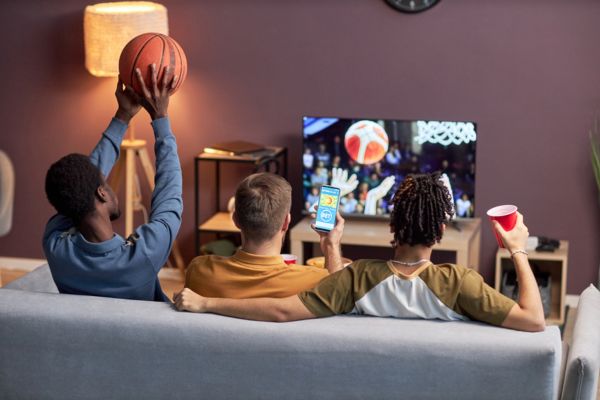 |
Resources Available for Problem Gambling
As sports betting becomes legal in North Carolina, NCDHHS is increasing its efforts to prevent, treat and help those experiencing harm related to problem gambling. Problem gambling, or gambling addiction, is any gambling behavior that disrupts someone’s life, or the lives of people close to them, such as parents, siblings or friends. Approximately 5.5% of adults and 10% of youth in NC experience problems related to gambling, and an additional seven to 20 people in their families and communities are then impacted as well. NCDHHS supports people experiencing problem gambling by partnering with EPIC Risk Management to provide prevention education on college campuses about risks associated with sports betting, partnering with Tar Heel Athletics to promote a responsible gaming campaign during March Madness, and much more. NCDHHS' Problem Gambling Program also continues to help people maintain a healthy relationship with gambling or abstain completely. If you or someone you care about shows signs of a gambling problem, no cost, confidential help is available. For support, call the NC Problem Gambling Hotline at 877-718-5543, text MoreThanAGameNC to 53342 or visit morethanagame.nc.gov. |
|
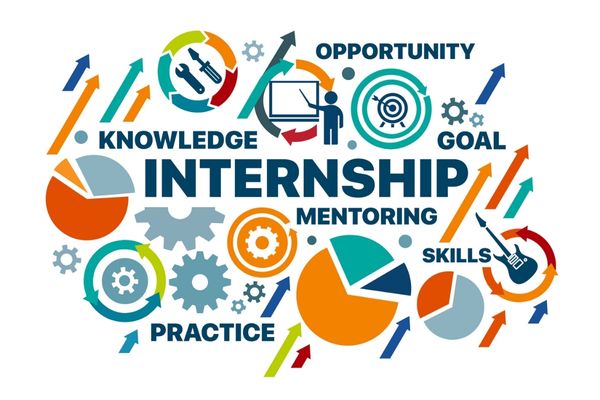 |
Fourteen NCDHHS HBCU/MSI Summer Internships Available
The application period is now open for NCDHHS’ Historically Black College/University and Minority Serving Institutions (HBCUs/MSIs) and Change Champion Internship program's Summer Cohort. The application period closes on March 22. The HBCUs/MSIs and Change Champion Internship program, in coordination with the Division of Public Health, is a component of the department’s workforce development initiative that encourages college students to seek careers in public health and government. The program is recruiting students from HBCUs and MSIs in North Carolina to allow more equitable opportunities for internship access within NCDHHS, which supports building a strong and inclusive workforce, one of the three NCDHHS strategic priorities. Fourteen internship positions are available for the HBCUs/MSIs Internship program. Sophomores, juniors, seniors, graduate and professional students and/or public health and human services majors are encouraged to apply. Undergraduate interns will be paid $20 per hour, and graduate or professional students will be paid $25 per hour. Spread the word and read a newsletter article to find out more about the program and how to apply.
|
|
|
|
|
|
|
|

